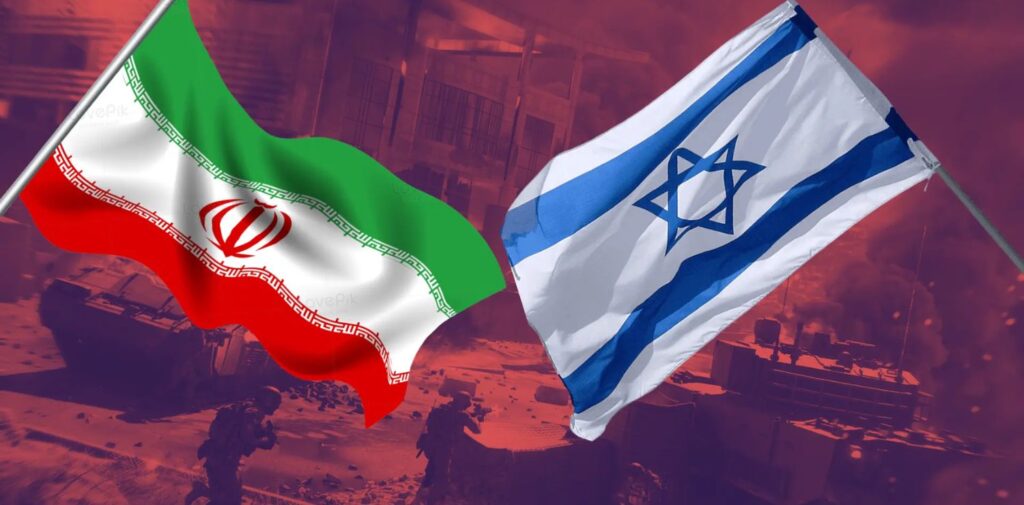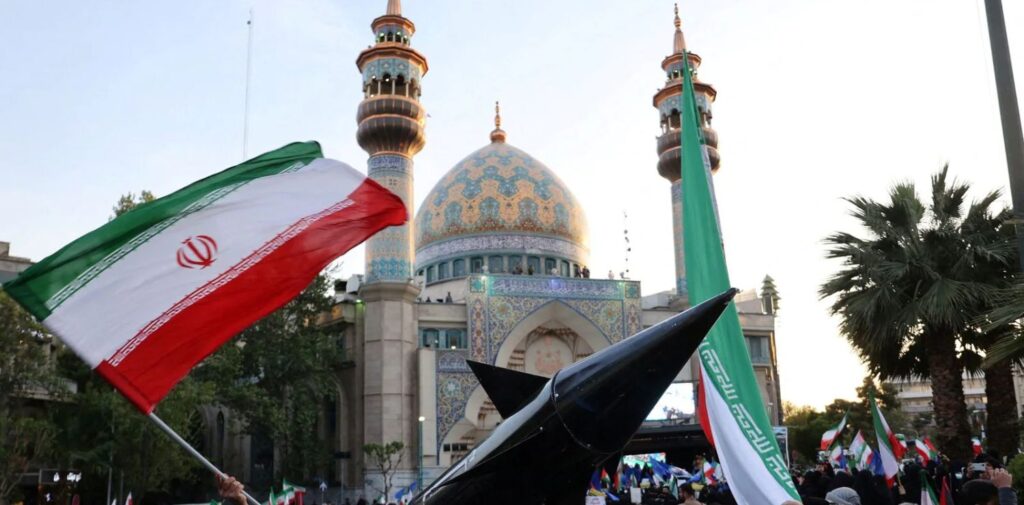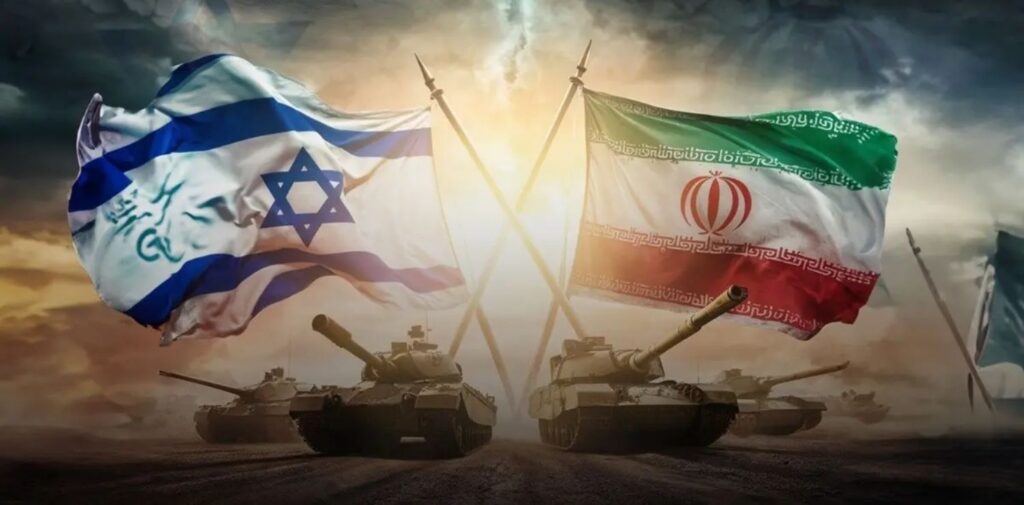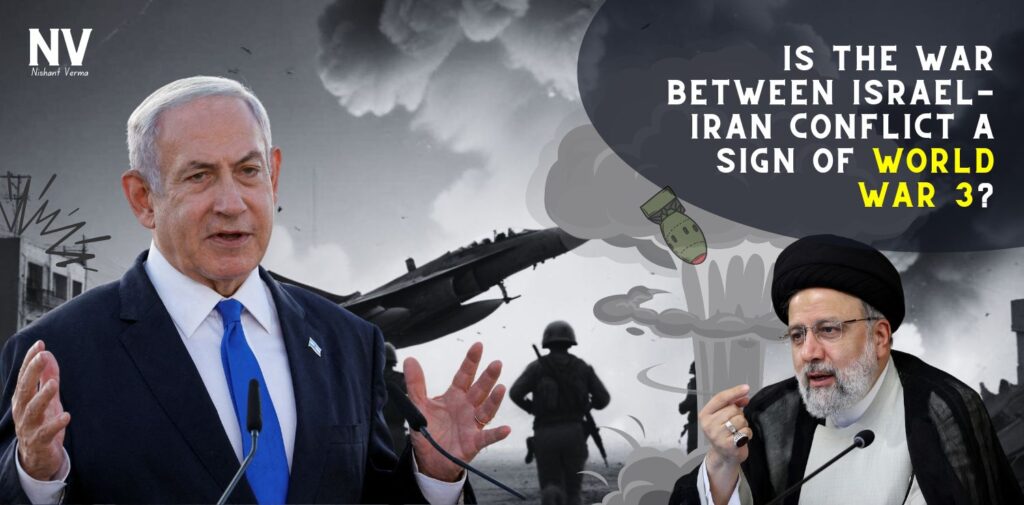The ongoing tension between Israel and Iran, fueled by decades of ideological and geopolitical rivalry, has now escalated into a conflict that has drawn the attention of global powers. Given the fragile geopolitical landscape, the question on everyone’s mind is: Could this be the beginning of World War 3? The answer may not be as simple as yes or no, but several indicators suggest that the conflict between Israel and Iran is growing in intensity, with regional and global players either picking sides or preparing for potential involvement.
Why Is the Israel-Iran Conflict So Significant?
The roots of the Israel-Iran conflict go back decades, driven by political, religious, and territorial differences. Iran, under its Islamic regime, has long been opposed to Israel’s existence and views its influence in the Middle East as destabilizing. Israel, on the other hand, sees Iran’s nuclear ambitions and its support for militant groups like Hezbollah and Hamas as direct threats to its security.
While military exchanges and threats between the two nations have been part of the status quo for years, the recent escalation in violence has set off alarm bells. Iran has allegedly attacked Israeli territory directly and through its proxies, and Israel has responded with increased military force. With NATO, the United States, Russia, and even Saudi Arabia getting involved, the situation is growing more precarious by the day .

The Involvement of Global Powers: A Dangerous Tipping Point?
One of the most worrying aspects of the Israel-Iran conflict is the involvement of global powers. Iran has the backing of Russia, which is already embroiled in its own conflict with Ukraine. Israel, on the other hand, is a key ally of the United States and is supported by many Western nations. This creates a potential scenario where an incident in the Middle East could easily spiral into a larger, multi-nation conflict.
Former U.S. President Donald Trump issued a stark warning that the world is already on the brink of World War 3 due to the volatile situation in the Middle East . His words echo the concerns of many experts, who argue that if the Iran-Israel conflict continues to escalate, it could pull in NATO, the U.S., and other major powers, with devastating consequences. Iran’s connections to militias in Lebanon (Hezbollah), Syria, Iraq, and Yemen only add fuel to this fire, making it a complex network of military alliances.
Could Iran’s Nuclear Ambitions Be the Final Straw?
Iran’s nuclear program has long been a point of contention. Israel has repeatedly warned that it will not allow Iran to acquire nuclear weapons, and military strikes on Iranian nuclear facilities are not off the table. A full-blown war could erupt if Iran is seen making rapid progress toward nuclear capability.
If Iran succeeds in developing a nuclear arsenal, it could embolden the country to adopt a more aggressive stance in the region. This could provoke not just Israel but also Saudi Arabia, another regional rival of Iran. Saudi Arabia has already hinted at pursuing its own nuclear program in response, which would significantly heighten tensions in the region . The potential for a nuclear arms race in the Middle East is a chilling thought, one that could push the world closer to another global conflict.

How Do Regional Alliances Factor In?
In any global conflict, alliances can play a critical role, and the Israel-Iran conflict is no exception. Iran has long-standing ties with Hezbollah in Lebanon and Hamas in the Palestinian territories. Both groups have launched attacks on Israel in the past, and their involvement in this latest conflict has further complicated the situation.
Meanwhile, Israel is building closer relationships with several Arab states through initiatives like the Abraham Accords. Countries like the UAE and Bahrain have normalized relations with Israel, and Saudi Arabia has been inching toward similar diplomacy. However, Iran’s increasing influence in places like Syria and Iraq poses a significant threat to this budding Arab-Israeli cooperation.
The situation is even more precarious considering the potential for proxy wars. Iran’s influence in Lebanon and Syria means that attacks on Israel could come from these countries, forcing Israel to broaden the scope of its military actions. Any expansion of this conflict to other Middle Eastern nations could destabilize the entire region .
Is There a Precedent for Larger Conflict?
Throughout history, many global conflicts have begun with smaller, regional wars. World War 1, for instance, started with the assassination of Archduke Franz Ferdinand but quickly snowballed into a global catastrophe due to a web of alliances. In this case, the Israel-Iran conflict has the potential to trigger a wider war for similar reasons: entrenched alliances, proxy actors, and global powers with competing interests.
Iran’s close relationship with Russia, which is currently engaged in a war with Ukraine, could draw Russia into the conflict more directly. If the U.S. and NATO increase their involvement in supporting Israel, it could escalate tensions not just in the Middle East but also in Europe and beyond. The recent Russo-Ukrainian war has already strained relations between the West and Russia, and the Middle East conflict could provide yet another flashpoint for a global confrontation .
Could Economic Factors Play a Role?
Another key factor to consider is the economic implications of a potential global conflict. The Middle East is home to some of the world’s largest oil reserves, and any disruption to this supply chain could have catastrophic effects on the global economy. Already, oil prices have shown volatility due to instability in the region. If Iran were to block the Strait of Hormuz—a critical chokepoint for global oil supplies—it could lead to a significant economic crisis, further deepening tensions between global powers .
The U.S., Europe, and China are all heavily reliant on Middle Eastern oil, and any disruption could lead to military responses designed to secure access to energy resources. This raises the risk of a broader conflict breaking out as countries scramble to protect their economic interests.
How Does Public Opinion Shape the Conflict?
Public sentiment can also influence the trajectory of a conflict. In both Israel and Iran, there is significant domestic pressure to act aggressively. Israeli citizens live under the constant threat of missile attacks, and their government’s hardline stance on Iran reflects the population’s desire for security. In Iran, anti-Israel sentiment is deeply ingrained in the political culture, and the government’s stance toward Israel enjoys broad public support .
In the U.S. and Europe, public opinion is more divided. Many people are war-weary after decades of conflict in Iraq and Afghanistan and may be hesitant to support yet another military engagement. However, a significant terrorist attack or a large-scale military strike could quickly change the public’s attitude, pushing Western governments to take more decisive action.

Your Opinion Matters
As the Israel-Iran conflict continues to escalate, it raises critical questions about the future of global peace and security. Could this be the spark that ignites a larger, more devastating conflict? Are we witnessing the beginning stages of World War 3, or is there still a chance for diplomacy to prevail? Given the involvement of global powers and the volatile situation in the Middle East, this conflict has the potential to shape the future of international relations.
What do you think? Could the Israel-Iran conflict trigger World War 3, or will the world find a way to de-escalate the situation? Share your thoughts and opinions—your perspective could offer a fresh angle on this crucial issue.




